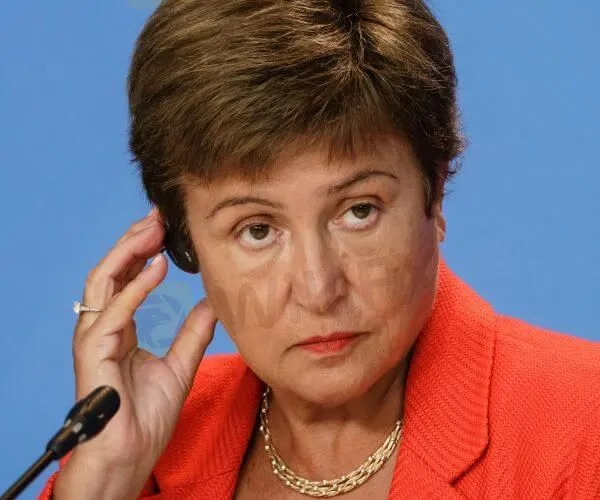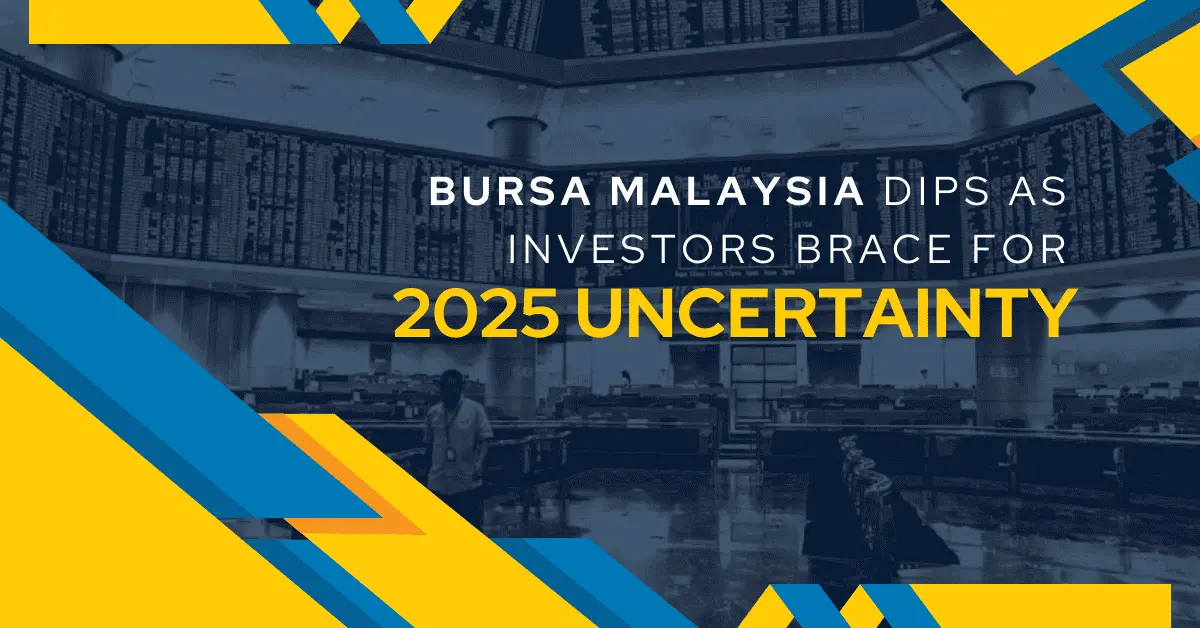简体中文
繁體中文
English
Pусский
日本語
ภาษาไทย
Tiếng Việt
Bahasa Indonesia
Español
हिन्दी
Filippiiniläinen
Français
Deutsch
Português
Türkçe
한국어
العربية
Inflation-Fighting Rate Hikes Could Increase Rich-Poor Divide: IMF
Abstract:Central banks' interest rate hikes aimed at combating inflation could exacerbate a deepening, "dangerous divergence" between advanced and developing economies, International Monetary Fund Managing Director Kristalina Georgieva said Wednesday.

Central banks' interest rate hikes aimed at combating inflation could exacerbate a deepening, “dangerous divergence” between advanced and developing economies, International Monetary Fund Managing Director Kristalina Georgieva said Wednesday.
Inflation is not a universal phenomenon, Georgieva noted, but was a problem in a number of countries and especially the United States. U.S. consumer prices surged 7% in the 12 months to December, the largest annual increase in nearly four decades.
Divert Investments From Emerging Markets
The Federal Reserve and others have signaled that rate hikes may be imminent in 2022. The “spillover impact on emerging markets .... can add fuel to the fire of divergence,” Georgieva said. Rate hikes in advanced economies raise the cost of borrowing and siphon away investments from emerging markets.
Georgieva said in December the IMF was likely to downgrade global economic growth forecasts of 5.9% in 2021 and 4.9% this year due to slowing growth in the United States, China, and the Omicron variant; the revision is expected on Jan. 25.
“Yes, the recovery is likely to continue, but against stronger winds,” she said Wednesday, citing inflation and growing debt levels. Social unrest seen in 2019 was also expected to re-emerge this year, which could pose challenges for policymakers, she added.
The IMF is urging countries to keep building up their defenses against the current pandemic and future ones, she said. It is “hugely important” to ensure more diversified production of vaccines and reduce the reliance of Africa and other regions on imports.
What Is Expected of Rick IMF Members
She said she expects increasing demand for IMF financing this year. The IMF's executive board is slated to discuss on Friday a new Resilience and Sustainability Trust lending instrument backed by the Group of 20 countries in October.
The trust will allow rich IMF members to donate their share of $650 billion in new emergency reserves, or Special Drawing Rights, to a broader range of countries in need, including small island states and vulnerable middle-income countries.
More details are expected during annual meetings of the IMF and World Bank this spring.
For more blockchain news, please download WikiBit - the Global Blockchain Regulatory Inquiry APP.

Disclaimer:
The views in this article only represent the author's personal views, and do not constitute investment advice on this platform. This platform does not guarantee the accuracy, completeness and timeliness of the information in the article, and will not be liable for any loss caused by the use of or reliance on the information in the article.
Read more

Turkey Resumes Rate Cuts Amid Easing Inflation
Turkey’s inflation has eased, prompting the central bank to resume interest rate cuts. Striking a balance between economic recovery and inflation control has become a critical focus. However, significant challenges lie ahead, as Turkey continues to navigate complex economic conditions.

New Year, New Surge: Will Oil Prices Keep Rising?
As of the writing of this article (January 2), oil prices stand at $71.88 per barrel. Investors need to continue monitoring whether the supply and demand dynamics will continue to push prices further up.

Bursa Malaysia Dips as Investors Brace for 2025 Uncertainty
Bursa Malaysia saw a slight dip on the final trading day of the year as profit-taking and cautious sentiment dominated. The FBM KLCI declined 3.4 points to 1,634.28, with muted turnover of RM822.07 million due to year-end festivities. Blue-chip stocks, including Tenaga Nasional and Telekom Malaysia, experienced declines, while regional markets remained subdued amid global uncertainties. As 2024 approaches, investors remain cautious, balancing risks with potential opportunities.

Will the Fed Cut Rates in 2025? What to Expect
The Federal Reserve has implemented multiple interest rate cuts in 2024, bringing the rate to a range of 4.25%-4.5% by the end of the year. However, whether the Fed will continue cutting rates or shift to rate hikes in 2025 remains uncertain. The Fed's policy direction depends not only on economic data but also on internal adjustments, the policy direction of the new president, and other factors.
WikiFX Broker
Latest News
Will Gold Break $2,625 Amid Fed Caution and Geopolitical Risks?
ECB Targets 2% Inflation as Medium-Term Goal
New Year, New Surge: Will Oil Prices Keep Rising?
PH SEC Issues Crypto Guidelines for Crypto-Asset Service Providers
FTX Chapter 11 Restructuring Plan Activated: $16 Billion to Be Distributed
Think Before You Click: Malaysian Loses RM240,000 to Investment Scam
Bithumb CEO Jailed and Fined Over Bribery Scheme in Token Listing Process
WikiFX Review: Something You Need to Know About Saxo
Is PGM Broker Reliable? Full Review
Terraform Labs Co-founder Do Kwon Extradited to the U.S. to Face Fraud Charges
Currency Calculator






